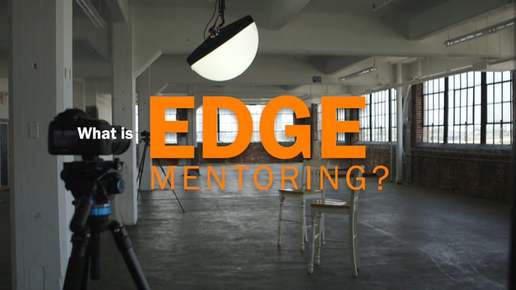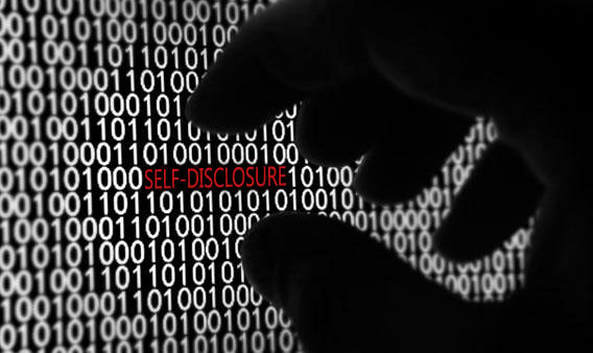Mindfulness
|
Enhancing Mindfulness-Based Stress Reduction Through a Mobile Application
The goal of this project was to improve upon the initial design of a mobile application that would assist college students in the practice of Mindfulness Based Stress Reduction (MBSR). The team assisted in building a foundation for UMass Medical so they can apply for a grant to have this project be fully funded and become a fully functioning mobile application. This project was a continuation of a previous student project work that explored some of the initial ideas on how to design the application. The team created functional mockups of the original idea and surveyed college students to get their feedback on the initial design. Students: Richard Falzone, Andrew Mahn, Nicholas Pataki, & Juan Rodriguez. |
Mindfulness-Based Stress Reduction and College Students
The project team's goal was to determine technologies that would aid in the recruiting, adherence, and retention of MBSR training with college students. To accomplish these goals, the team surveyed young adults from across the country, interviewed mindfulness instructors, conducted several focus groups, and studied the effectiveness of social media campaigns. Based on the analysis of the resulting data, mockups for a prototype mobile application were developed. Ownership of the social media accounts was also transferred to the CFM. Students: Amber Facchini, Meghan Lutz, & Haili Welton
The project team's goal was to determine technologies that would aid in the recruiting, adherence, and retention of MBSR training with college students. To accomplish these goals, the team surveyed young adults from across the country, interviewed mindfulness instructors, conducted several focus groups, and studied the effectiveness of social media campaigns. Based on the analysis of the resulting data, mockups for a prototype mobile application were developed. Ownership of the social media accounts was also transferred to the CFM. Students: Amber Facchini, Meghan Lutz, & Haili Welton
Inclusive Technology

EDGE Mentoring App
The EDGE Mentoring Program helps incoming freshmen transition more easily into Worcester Polytechnic Institute (WPI). In the EDGE Program, mentees are paired with sophomore, junior, and senior mentors, who guide incoming students in three areas: academic, social, and personal wellness. Additionally, in today’s college environment, mobile applications (apps) assist college students in areas such as time management, sleep, fitness, and social networking. The goal of this project was to develop a mobile app that will help peer mentors in the EDGE Program. The mentors in the EDGE Program could then use the app to help their mentees succeed. It is envisioned that the app will be used to extend the scope and value of the EDGE Program in future years into the rest of the freshmen population at WPI by serving as a virtual mentor, which also leads to increased one-on-one personal mentoring and program expansion. Students: Devon Coleman, Joycelyn De La Rosa, Aiden Freeburg, Ahmed Hakim, & Ryan Orlando.
The EDGE Mentoring Program helps incoming freshmen transition more easily into Worcester Polytechnic Institute (WPI). In the EDGE Program, mentees are paired with sophomore, junior, and senior mentors, who guide incoming students in three areas: academic, social, and personal wellness. Additionally, in today’s college environment, mobile applications (apps) assist college students in areas such as time management, sleep, fitness, and social networking. The goal of this project was to develop a mobile app that will help peer mentors in the EDGE Program. The mentors in the EDGE Program could then use the app to help their mentees succeed. It is envisioned that the app will be used to extend the scope and value of the EDGE Program in future years into the rest of the freshmen population at WPI by serving as a virtual mentor, which also leads to increased one-on-one personal mentoring and program expansion. Students: Devon Coleman, Joycelyn De La Rosa, Aiden Freeburg, Ahmed Hakim, & Ryan Orlando.

Federal Website Accessibility
The purpose of this project is to assess a number of federal and federally sponsored contractors' websites to determine if the sites met federal regulations governing disabled website accessibility. Research was performed that dealt with the federal regulations involved with website accessibility using programs designed for website analysis. The primary departments that were analyzed belonged in each of the three branches of government, in addition to federally sponsored contractors. As a result of interviews and assessments, a report has been constructed that detailed what needs to be done in addition to a sample website which is accessible under the laws and guidelines set forth by the U.S. government. Student: William Chin.
Cutting Edge Technology

Self-Disclosure on Social Networking Sites
This study aims to show that the intention to disclose information is similar but not equivalent to the intention to use social networking sites. Several factors that were not shown to have an impact on intention to use but were shown to have an impact on intention to disclose information were the consumer’s emotional stability and agreeableness. Also several factors that have been shown to impact a consumer’s perceived risk, perceived benefit, and trust for different scenarios were tested. Students: Derek Carey, Alexander Misch, Anthony Spencer, & Richard Speranza

Job Recruiting in Virtual Worlds
This project analyzes the potential of job recruiting in Second Life, a 3D virtual world. A survey focusing on both current users of virtual worlds and non-users was developed to explore their acceptance of Second Life as a job search tool and their perception about potential virtual career fairs or virtual interviews. Results show that while users are not yet ready to make virtual worlds their primary job search tool, they are willing to try Second Life in addition to other conventional job search techniques. Student: Cosmin Tudor.
Click here to learn more about other undergraduate student projects.
Copyright © 2023 Eleanor T. Loiacono. All rights reserved.

